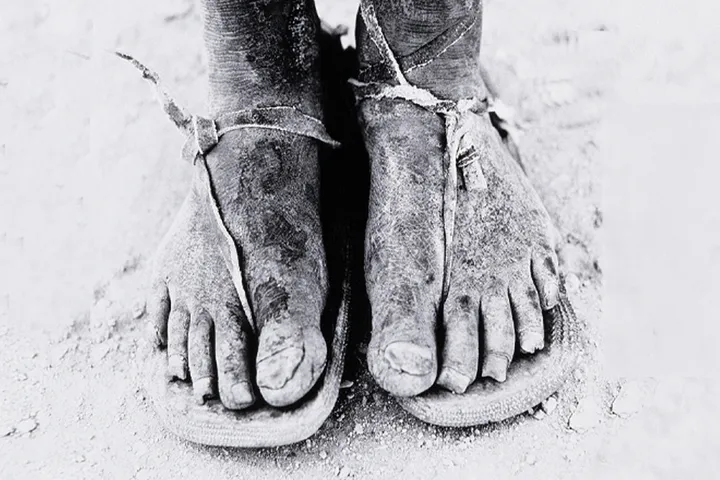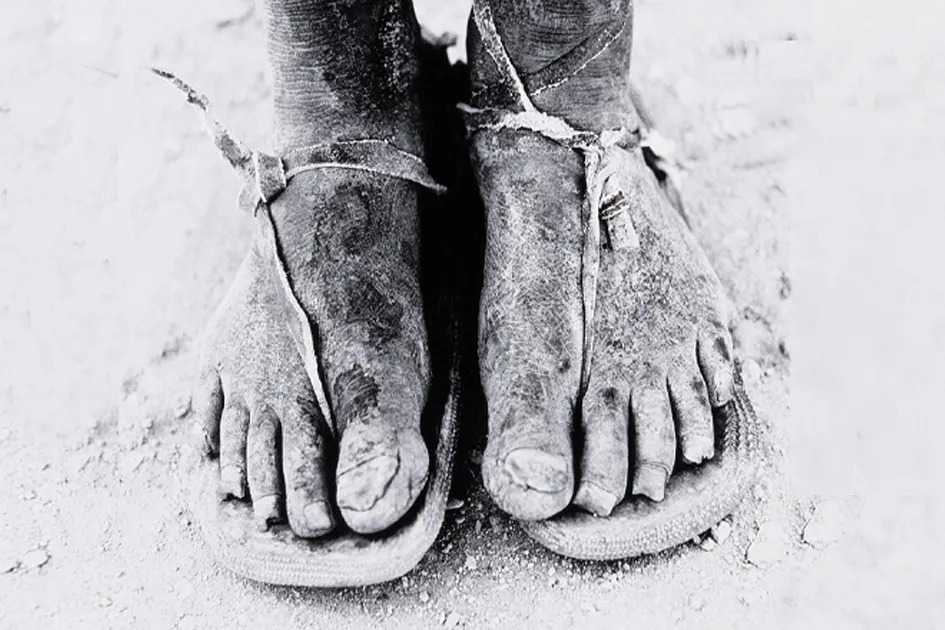
Years ago, I stood on Budapest's famous Chain Bridge after sunset, listening as a band played nearby on the shore. Below me, liquid light morphed on the river's surface—the beautiful blue Danube, not always so blue as Johann Strauss would have you believe, now striking in its black sheen. Hours earlier, I had watched from the bank as waterfowl rose and fell to the sun-spangled currents. Every so often, a river cruise sailed by—passengers dining, the clink of forks and plates traveling out with the melodies of folk musicians.
The Chain Bridge, completed in 1849, spans the Danube’s flowing width, connecting the halves of what once were two settlements—Buda and Pest, which merged in 1872—along with a third, Óbuda (meaning “Old Buda”). They formed one city seemingly with two personalities: On the Pest side, the vibrant nightlife of restaurants and clubs, music spilling into the streets; and on the Buda side, quiet homes with their faint lights pulsing in the hills.
I was traveling for business, but I had felt a personal connection to the landscape: My great-grandparents had emigrated to the United States from this place in the aftermath of WWII. I pictured them walking along the riverbank on an evening like this, imagining a better life. I drew the contours of their dream to prosper in a new land, putting myself in their position. I felt the weight of their choice—the courage it would have taken to leave their ancestral home, knowing it could no longer sustain them.
I pictured my grandparents walking along the riverbank, imagining a better life. I drew the contours of their dream to prosper in a new land, putting myself in their position.
And to a large extent, their dreams came true: They escaped the failed Hungarian Revolution of 1956 and subsequent decades of Soviet occupation; they found work in factories, saved money, had children and grandchildren, and died in a peaceful land.
I stood on the bridge, considering all this. On the one hand, I felt full of gratitude for their sacrifice. But on the other, I felt a pang of grief over the loss of culture and language—a heritage they might as well have dropped into the Atlantic as their boat steamed toward America. I thought about the nameless relatives who stayed behind—family I’ll never meet if they exist at all. I had returned as a son to the land of my ancestors, though still a stranger. And yet, for all my melancholy, there was also a sense of peace. I had finally set my feet on the ground my ancestors had walked and felt less alone for it. I had stood over these waters kinsmen had once dipped their hands into, drank from, fished within. Still, in the months and years that have followed, my time in Hungary has lingered, intensifying the ache I have long felt in my homeward search, grateful as I am for the country of my birth and all it has afforded me.
I had stood over these waters kinsmen had once dipped their hands into, drank from, fished within. Still, in the months and years that have followed, my time in Hungary has lingered, intensifying the ache I have long felt in my homeward search.
Considering all this, I’m reminded of Augustine’s famous line from Confessions: “Cor nostrum inquietum est donec requiescat in Te,” which translates as, “Our hearts are restless until they rest in You.” I’ve come to realize that in this life a sense of home will always remain elusive, no matter what earthly roots I put down or what familial history I recover. Though we go looking for ourselves in the cities and small towns and backcountries of the world, there's no rest until we recognize our rightful place in the streets of His kingdom, where His love shines brighter than any sun. And there's always plenty of music.





